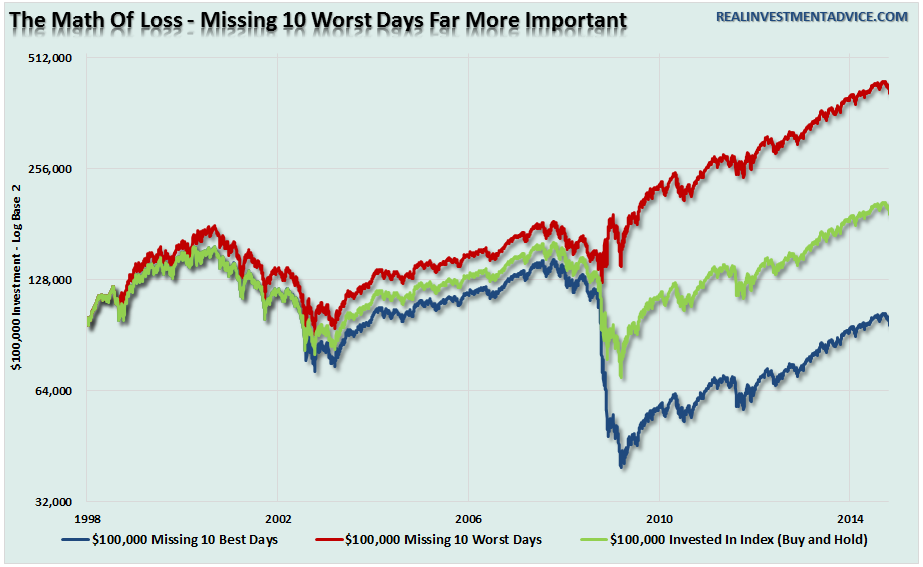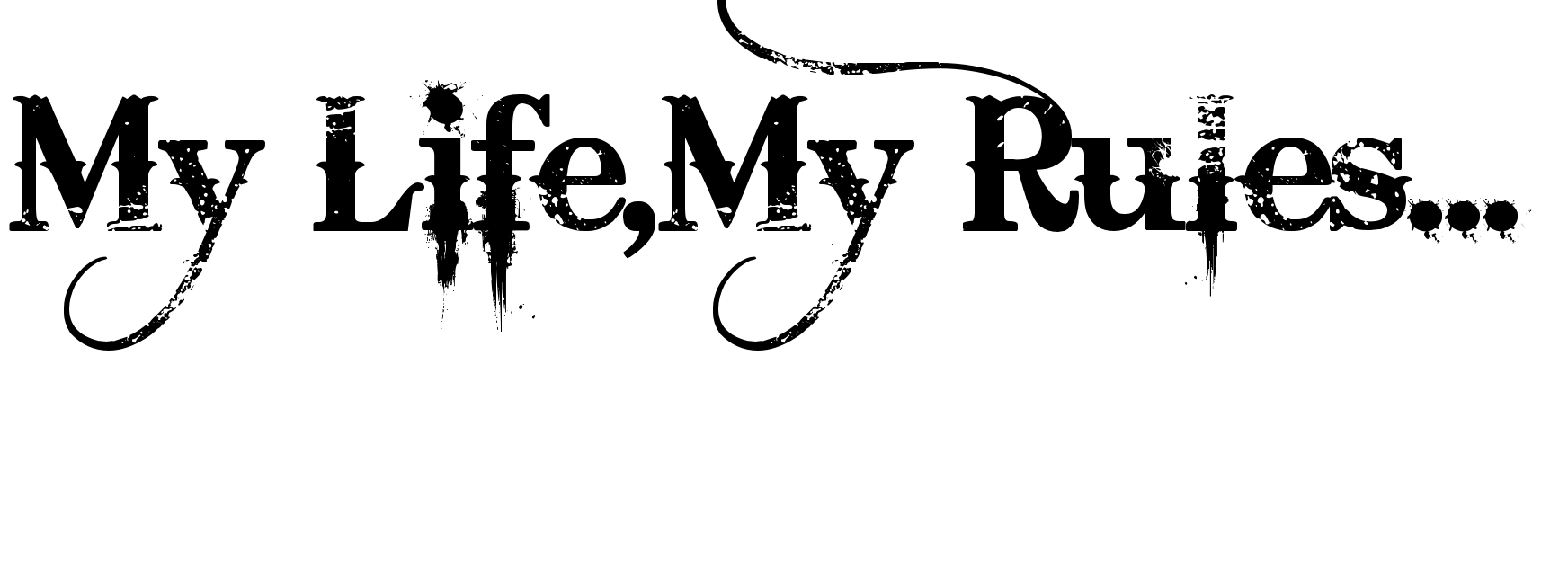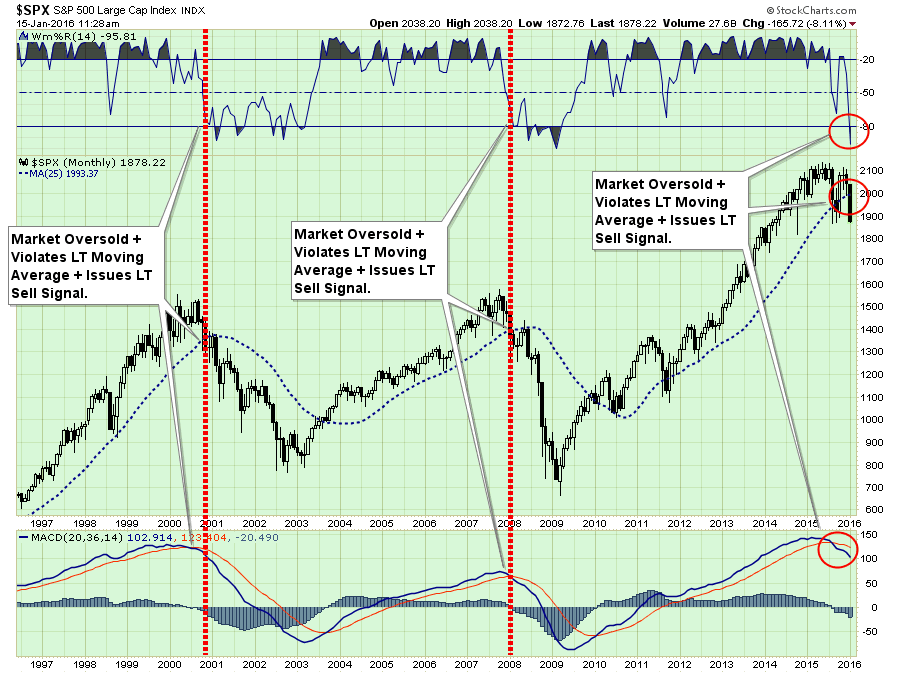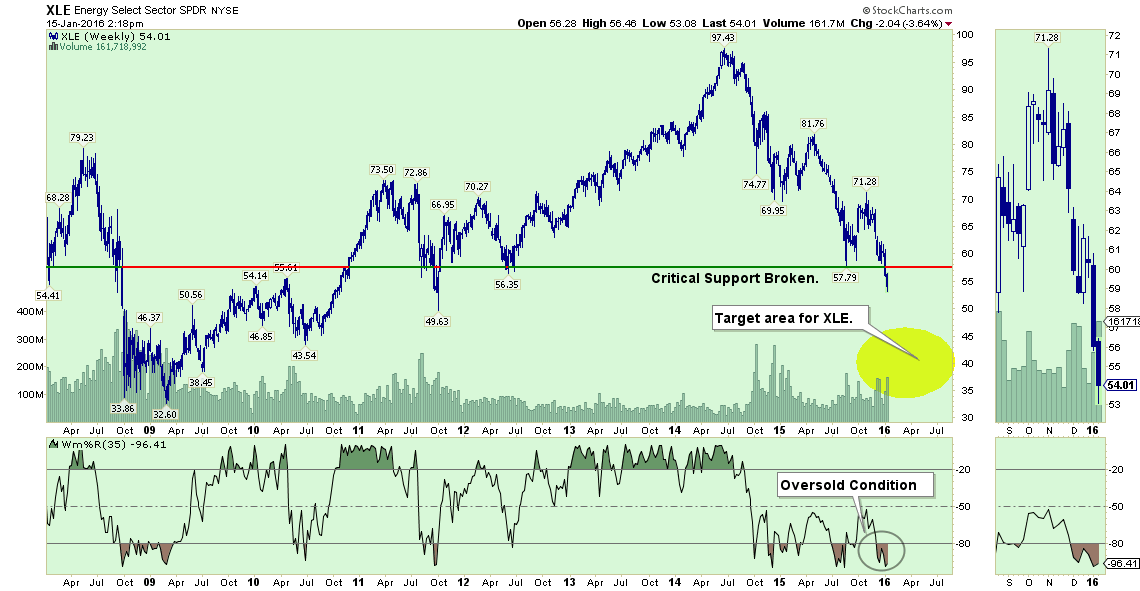“You don’t have to try to keep the tears back.
You couldn’t cry if you wanted to. You couldn’t cry if you wanted to.
Even your thoughts are dust.
Even your thoughts are dust.”
Lucinda Williams
The Dusters thrive among us.
In the misty whirlwind of false, trenchant phrases and gut-hemorrhaging head games you’ll be captured.
The haze created by the escape, their false feelings that conclude in emotional entrapment, will set the outer reaches of your soul ablaze like high velocity, ghost-pepper shots to the eyes.
The singed ends of nerves you never knew you had will explode in dry fire, like staccato firecrackers going off in a cloying sulfur-mist tethered by a humid summer sky.
The lies will choke off your oxygen.
Your capacity to think straight will evaporate.
You’ll feel yourself shrivel from the inside out.

Because you’re gagging on dry death.
Helplessly falling into the cracks of the parched splintered arteries.
Ground into a foundation of splintered bones and pulverized hearts.
And you won’t. Even. Know. It.
By the time you get it, you’ll be dried out completely.
The hour, the minute, the month, the year you’re shaken from their lives.
As they move to the next dirt destination.
You’ll re-live each terrifying moment.
So you see.
Sadly, you must understand.
Fresh victims are plentiful. Always close. In the wings. Waiting to be dried and shaken while you’re stirred.
Before a Duster rolls down to a new pubic town (population YOU).
Before they release you to a wind that flows on apathy and stinks with the rot of deceit.
Another poor soul is near.
Unaware.
This group? Get to know who they are.
Society is overrun with them.
They feed on on others to build themselves. They fire up egos. Their own.
The Dusters.
Beware of them.
Let me show you the way.
Let me help you understand.
Allow me to help you avoid the dusters.
Because.
If you’re a victim?
****************************************

You’re gone already.
It’s called an expiration date and it’s on your head right from the get go.
Random Thoughts:
Dusters don’t feel remorse. Apathy. Or anything. The antics, every thought they possess, is based on an end game first. the grand exit. They re-live the escape plan. The goal for them is to leave with more than they entered your life with. Their timing is perfect.
Right from the start you are in a burning house with the door padlocked shut.
Dried meat. Turned into a jerk(y).
Oh who knows what keeps them around, sometimes for years.
I rattle this around in my head every day.
Good sex, a sympathetic ear, a travel bud, shared business contacts, an image boost, outright free stuff, a paycheck for nothing, a friendship controlled for personal gain.
Who knows?
The Dusters are indeed a diverse bunch. The breed is a non-partisan feeder.
They come from all walks of life.
Frankly, they represent an epidemic. One that’s going to be around a while because the ongoing deterioration into a Tinder culture demands it. And I fear it’s just begun.
I fear there are more of them than us, now.
So the odds are they will come for you, too.
You’re gonna get dusted.
It’s just a matter of time. The day you’re shaken, swept out to the dustbin of the past.
Once Dusters have gotten what they need from you or something/someone else to play with, you are dust (dead) to them.
And if you’re stupid or unfortunate enough to fall in love with a Duster, you’ll ignore the signs because nobody can be that evil, right?
Wrong.
So. So. Wrong.
Dust storm #1– Dusters create grandiose exit-preparation stories. It’s a first assault. An initial test of your resolve. It’s an attack on your sanity. A Duster wants to gauge the power of your commitment to stick with them long enough to be damaged. Because you see, it’s not a conscious effort to hurt.
It’s a part of who they are.
So, let me ask – How much can you handle?
Duster victims are steadfast suckers.
Others are smart and flee quick.
Who are you?

Dusters swirl words into flirty-dirty demons that revolve around and within you. It’s a tactic designed to confuse a victim before the slaughter.
Since Dusters don’t trust their own actions, naturally they can’t trust yours. In addition, they have not completely shaken the packed-on remnants of past particles (which is interesting) because they abhor how some of their victims have moved on to healthy relationships.
How dare they???

You can’t make Dusters feel bad because they can’t feel. Anything. People who can’t help them and those who have outlived their usefulness are swiftly discarded.
You’re an ash in a flash.
Their love is not permanent. Frankly, there’s no such thing as love (outside of self) for this cancerous spin-off of the species. Oh, they’ll say they love you, they’ll promise long term just to keep you in the storm, as they’re not quite done with your bloody carcass, yet.
It’s like that monster grizzly. You know – In the DiCaprio film “The Revenant.”
Just when you’re convinced he’s finished tearing out your neck, ripping open your back, dragging you like a puppy toy, THE BEAR RETURNS. THE MAULING RESUMES. NO MERCY.
Each lie, a claw to the face: They’ll be a friend forever (slash). They’re working for you (slash #2). They have your back (final gash). Actions prove different. Over and over again.
Love does not reside in their core. It’s not at home there. It dies before it’s able to breach the wall.
The warm fuzzies are icy-knife-ies.
The world is indeed their stage and you’re merely rolling across, stuck in it, used in it, then released from it.
 They’re comin’, they’re comin’!
They’re comin’, they’re comin’!
Dust storm #2: Duster emotions are fleeting, float light on the breeze, subject to change in a blink. There’s nothing in the soul when it comes to feelings.
Remember – Duster’s are always on the move even when still, constantly searching for exits. Lusting for the water of another’s life because the newest victims are the juiciest!
It’s how they prosper. Duster victims are flesh commodities.
Dust a dozen.
There are so many choices, so many people they can dry out, it’s like a feeding frenzy.
“Harvest time, all the time,”is their motto.
And surprise!
Look who’s on the menu..

Dusters are ghosts, shells of humans with important stuff missing. People are nothing to them unless you have something they desire. When a Duster shakes you off, it’s done with rehearsed platitudes, false language of leaving they’ve recycled from the dusty remnants of other departures. They’ll even fool your relatives. Suck in the kids!
Dusters thrive deep in finances. They’re the cuts you never do anything about. They’re stealth hits that keep on hitting. Recently, I received an e-mail for fees, an auto-renewal from a service it took me 3 hours to cancel.
Most would rather have their money turn to dust before they halt this auto-finance terrorism. Take a day. Stop all auto-payments. Gain control. I know consumers who have lost hundreds, thousands, robo-paying for services they never use because it’s easier to pay than to stop. Huh? No.
Dusters rarely say “I’m sorry,” or admit mistakes. And why should they? You should bow. Die noble in their grace. Just dust, bury yourself before they get to it. After all, they’re terrific. You’re the reason they’re fucked up, remember?
As a matter of fact they’ll make you feel wrong for being right.
Remember that line from the classic film “Love Story?”

Yea, it’s nothing like that.
Not at all.
Identify Dusters with 3 simple inquiries. No kidding. To kill a Duster you must be the Duster (not for long because that’s not you).
Keep it simple. The best deaths occur in plain sight. Every minute. Not even Kojak would be able to figure it out.

Keep sucking, buddy. You won’t catch me!
Tell me about your long-term friendships. Dusters have few close friendships to speak of. That’s not a bad thing on the surface. Loners can be cool. You just want to get a handle on the quality of the relationships. How a Duster defines them.
If you can’t adequately get a handle on why and how these friendships are maintained, step back. If there appears to be a pattern of breakage and it’s always the fault of others, well you know what to do, right?
Describe your last break-up in detail, please. Dusters are expert ghosters. They refuse to face a victim in person, or communicate verbally, on a forever departure. They conjure up lame-ass, re-hashed excuses through e-mail or other electronic channels. This query is your most insanity-driven dive into the Duster psyche. Stay strong. You’re going in deep.
Break-ups aren’t perfect. You’re not looking for clean, neat separations. You’re seeking to identify respect for a former partner in the throes of a heartbreaking life episode.
Dusters hold below-zero respect for people who love them, especially at goodbye time.
Remember, this is their heart, a life code: They want to slap-clap you off their tails. Like they would from their jeans after a long journey on a dirty mud-cut of ground.
Tell me about something, an incident, you’re sorry about. My personal favorite. You know why? Because Dusters are rarely sorry. About anything! After all, it’s never them. Be sensitive to a consistent string of “remorse code.”
Let me explain.
Remorse codes are strings of negative roads well traveled.The same circle patterns of mistakes. Ghost-like breakups, busted engagements, cheating. Could be they’re tough heartfelt lessons. Perhaps your Duster has vowed never to do this to you. Or maybe you’re delusional and the next stop on the heartbreak express.
Have you fooled yourself, convinced yourself that it’ll be different with you?
Question: Are you up for the risk?
Are you willing to take the chance?
Well, if you do.
Then:
_ _ . _ _ _ _.. … ._ _. . . _ ..
(Morse Code for Godspeed).

It’s not Morse Code, it’s Remorse Code. Silly.
Dusters feel guilt but it’s merely an odd form of self-flagellation. A seemingly strange internal coping mechanism. A futile effort to connect with what’s shoe-string left of their humanity (who am I kidding?). There’s a peculiar sadness that arises their victims move on. Re-hydrate.
The ones who escape really irritate them. So much so they can’t visit the ground zeroes, the towns, where these survivors survive. They feel something odd – REMORSE. Well, only because the ones left behind made it through the pain parlor. Their happiness, their recovery is Kryptonite.
Go figure.
Dust storm #3: Dusters will lament to you about the love or friend who got away. How they’ve mourned. How bad they feel. Really? They don’t. Take it as a warning. A brief wet spot they sit in with us three-dimensional mortals. It’s a worm hole you must crawl through. Listen. Discover. Run!
Dusters relish the stories they create. With disparate mental fragments of dark plot-lines, they form a sick square-fits-in-a-hole puzzle designed to validate an exit strategy, a distrust, even a hatred of their prey.
Dusters believe all people are bad so they must strike.
Destroy them first. Always.
Dusters are narcissists who frolic with sharp blades yet never cut themselves. They are expert slicers, compart-mentalists, molders. They’ll work diligently to galvanize fellow Dusters against you to protect their personal lack of accountability and courage.
I tested this theory recently. I placed my head on the chopping block. It’s in the bloody basket. Rotting. It turned out exactly as I figured it would.
They are steadfast cowards at intimate human interaction, connection, above all else.

Great movie from the 1980s: Basket Case.
It’s personally rewarding to discover people who are so damn good at Duster detection and deft at avoiding attacks from Dusters and their fuck-flunkies (not a dance move from the 1970s, or is it?).
I unfortunately, am not one of those special people, proficient in these skills.
Dusters will push, twist you into a different person. A human you’ll no longer recognize. The ultimate betrayal, the way they depart, the manner in which they leave frayed ends dangling like bloody entrails on a clothesline at a zombie laundry party, will drive you insane, out of your own skull.
You won’t recognize yourself. Your pets will avoid you. You smell different.
It’ll take time to return to the light, the living, the waters. The clear. The still.
Like a storm on the plains they’ll lift, carry, then drop you like a rag doll.
One day it’ll happen, you’ll look up. You’ll stop dragging what’s left of yourself across a gravel road and start all over.
You’ll be boarding the life train again. Sniff the spice off a summer breeze.
The light of day will no longer feel like night.
Oh, you’ve been there.
Sometimes it feels like exposed nerves are rubbing against broken and infected parts of my heart.
I wish Johnny Cash were still alive.
I would have loved to share my dust theory with him.
Would my thoughts be set to lyrical magic?
How would he take the words. Improve them?
Hmm, maybe this?
Dusters.
In this world.
As a new day bursts blue. Clear-on-clear.
They have their smoke eye on you.
For now.
I’ll wish you good thoughts.
I’ve walked there. I fear the footfalls.
And when the time arrives for you to be a target.
Or no longer play with the player.
Perhaps you’ll remember my words.
Heed the warnings.
Consider and respect my ongoing torment.
And dust the Dusters at their own dirty game.
I’m on your side.
Breathe in deep.
As deep can be.
Hold.
Release.
Walk.
Now you’re steady.
Prepared.
Thriving.
Dust free.
And a connect with the universe again.
Where it’s cool and clean.
And calm again.

*****************************************************************
Sidebar: The Dusters know who they are. They know this post is about them, don’t they?
They’re reading right now. In denial. Ready to strike.
Listen. Learn:
Lucinda Williams’ Dust.
Writing is part of my healing process . A closure activity.
I hope ya’ll enjoyed this lil’ ditty.
Dedicated to my very clever friend – Tami Denny.










 They’re comin’, they’re comin’!
They’re comin’, they’re comin’!












